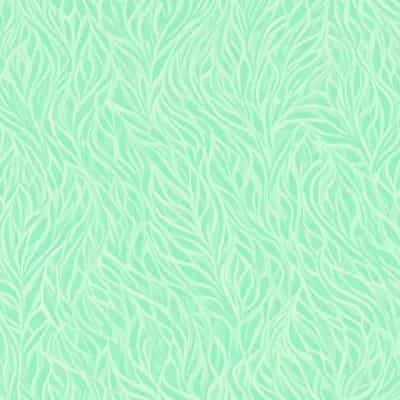58 pages • 1 hour read
Iveliz Explains It All
A modern alternative to SparkNotes and CliffsNotes, SuperSummary offers high-quality Study Guides with detailed chapter summaries and analysis of major themes, characters, and more.
Symbols & Motifs
Gardening
Gardening symbolizes a tangible reality for Iveliz because it provides relief from her mental health condition. Iveliz regularly presents the latter as abstract and intangible. She describes it as “darkness” or a “hole.” The PTSD and depression produce feelings that are overwhelming because she can’t grasp or quantify them. She feels them keenly, but at the same time, they’re not palpable objects. She can’t point toward a concrete “hole” or a specific “darkness.” They elude corporeality.
Gardening, however, is a tangible experience. Gardening class is the one class Iveliz likes. She says, “I don’t care if people see the dirt. / It means I planted FOOD” (34). Dirt and food are observable. They’re concrete, so they tether Iveliz to a physical reality. As gardening forces her to confront empirical reality, the untouchable world of feelings takes a backseat.
Engaging with gardening puts Iveliz in a transcendent state. She thinks,
[I]f I stretched
my toes they could
break out of my sneakers
and curl
around the little
worms and beetles
I imagine are happily waiting for
the
seeds
we’re
about
to grow (100).
The image consists of a series of tactile elements—toes, shoes, worms, seeds, and so on. The specific reality makes Iveliz feel like she can move out of her body and become one with insects and soil.



